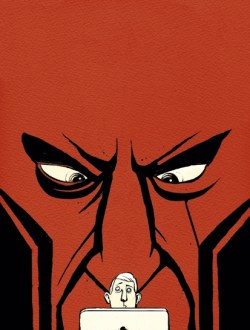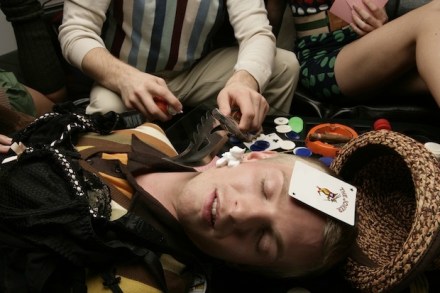iSPY: How the internet buys and sells your secrets
You probably have no idea how much of yourself you have given away on the internet, or how much it’s worth. Never mind Big Brother, the all-seeing state; the real menace online is the Little Brothers — the companies who suck up your personal data, repackage it, then sell it to the highest bidder. The Little Brothers are answerable to no one, and they are every-where. What may seem innocuous, even worthless information — shopping, musical preferences, holiday destinations — is seized on by the digital scavengers who sift through cyberspace looking for information they can sell: a mobile phone number, a private email address. The more respectable data-accumulating companies




